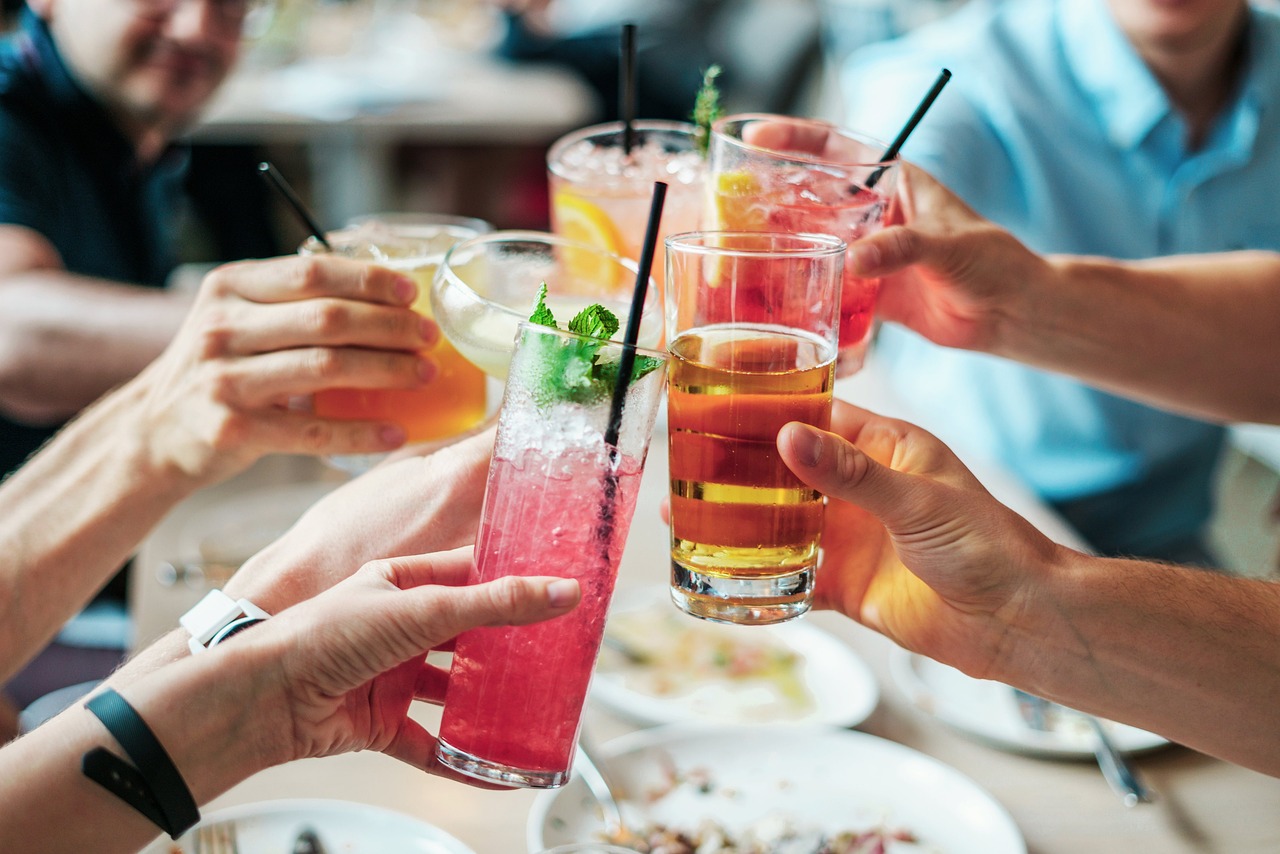 Winter blows in, the holidays envelop us with cheer. Along come the parties and good times, along with small bites, big meals and the spirits of the season, the alcoholic kind.
Winter blows in, the holidays envelop us with cheer. Along come the parties and good times, along with small bites, big meals and the spirits of the season, the alcoholic kind.
Let’s be blunt. No amount of alcohol is healthy, despite the popular reporting on red wine over the years and the proliferation of lite beers. Alcohol is alcohol, no one type is safer or healthier than another. Some consider mixed drinks healthier, but they can have more calories and be loaded with added sugar in addition to the alcohol.
Still, if you prefer to imbibe, do so in moderation, it has its benefits.
You’ll be better able to maintain your energy levels. You can enjoy the parties longer and remember the fun. You’ll sleep better. Alcohol is a known sleep disruptor and can reduce quality sleep. Sleep supports our energy levels, body function and overall health.
You’re less likely to wake up with a hangover. Without the hangover, you’re more likely to stick closer to your exercise routine, which will help you maintain energy levels throughout the holiday season and into the new year.
Staying aware and in control will help you eat more mindfully. Managing calorie intake during the holidays will limit the urge to take on a crash (and often unhealthy) diet as a new year’s resolution.
HOW MUCH IS ABOUT RIGHT
If you do drink, the recommendation is 0-1 drinks per day for women and 1-2 for men. That’s by fluid volume, so no skating by using a bigger glass – or saving them up.
A standard drink is:
• 12 fl oz regular beer or ready-to-drink alcoholic beverage (5% alcohol by volume).
• 5 fl oz wine (12% ABV).
• 1.5 fl oz 80-proof liquor (40% ABV).
• 1 fl oz 100-proof liquor.
TIPS FOR DRINKING WISELY
Eat before you drink. Don’t save calories for alcohol. This can lead you to become intoxicated much quicker. Alcohol is absorbed in the stomach, rather than lower down in the small intestine, so its effects can hit you faster. Eating while drinking can slow down the absorption of alcohol by the body and how fast it hits the bloodstream.
Drink water between alcoholic beverages. This will slow down the rate of alcohol intake and help you stay hydrated throughout the evening. You may also wake up feeling more refreshed because alcohol is dehydrating.
Try mocktails or zero-proof drinks. The repertoire and creativity of festive nonalcoholic drinks has boomed in the last few years, and they’ve become quite fashionable. But keep in mind mocktails and other nonalcoholic drinks can have added sugar and calories, so moderation is still important. Try sparkling water mixed with fruit. The bubbles and the color of the fruit keep the festive feelings flowing while allowing you to stay aware, safer, and enjoying the good times.



